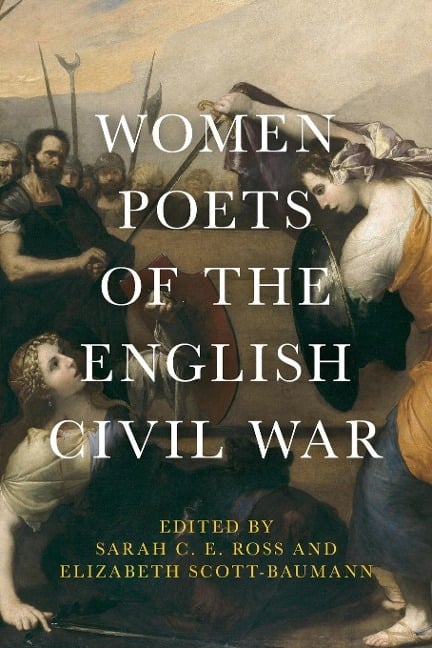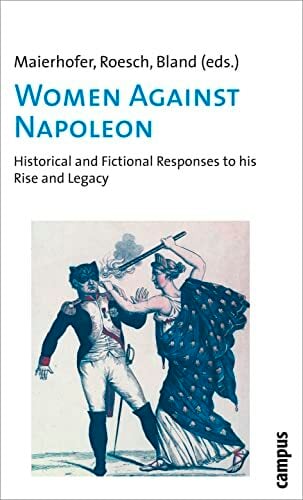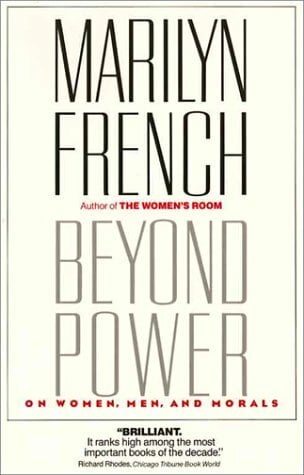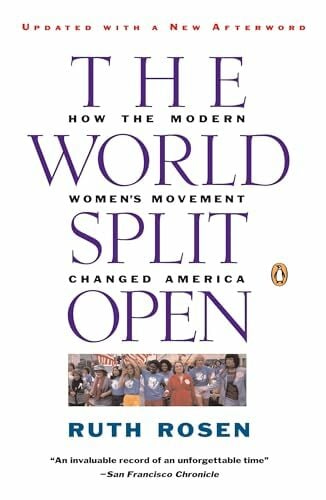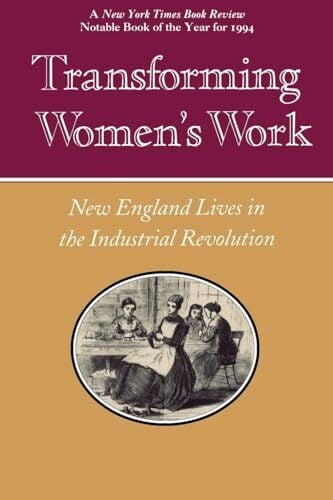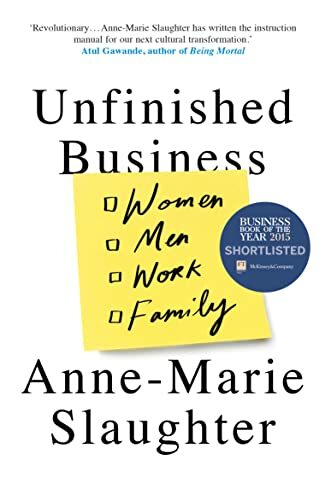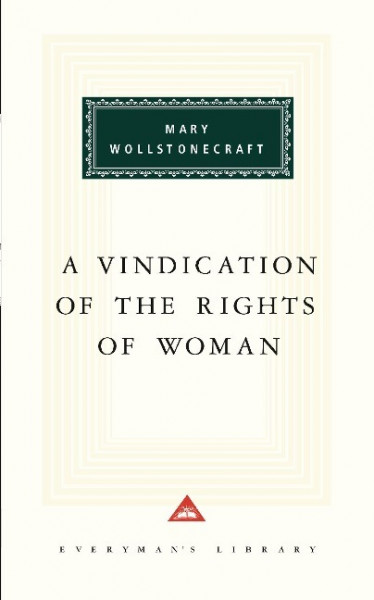
A Vindication of the Rights of Woman
Kurzinformation
inkl. MwSt. Versandinformationen
Artikel zZt. nicht lieferbar
Artikel zZt. nicht lieferbar

Beschreibung
(Book Jacket Status: Not Jacketed)The first great manifesto of women's rights, published in 1792 and an immediate best seller, made its author the toast of radical circles and the target of reactionary ones. Writing just after the French and American revolutions, Mary Wollstonecraft firmly established the demand for women's emancipation in the context of the ever-widening urge for human rights and individual freedom that surrounded those two great upheavals. She thereby opened the richest, most productive vein in feminist thought, and her success can be judged by the fact that her once radical polemic, through the efforts of the innumerable writers and activities she influenced, has become the accepted wisdom of the modern era. Challenging the prevailing culture that trained women to be nothing more than docile, decorative wives and mothers, Wollstonecraft was an ardent advocate of equal education and the full development of women's rational capacities. Having supported herself independently as a governess and teacher before finding success as a writer, and having conducted unconventional relationships with men, Wollstonecraft faced severe criticism both for her life choices and for her ideas. In A Vindication of the Rights of Woman she dared to ask a question whose urgency is undiminished in our time: how can women be both female and free? von Wollstonecraft, Mary und Taylor, Barbara
Produktdetails

So garantieren wir Dir zu jeder Zeit Premiumqualität.
Über den Autor
Mary Wollstonecraft (1759-97) was an educational, political and feminist writer who early in her life worked as a companion, teacher and governess. In 1788 she settled in London as a translator and reader for the publisher Joseph Johnson, becoming part of the radical set that included Paine, Blake, Godwin and the painter Fuseli. Her great work, A Vindication of the Rights of Woman, was published in 1792. She lived in Paris during the French Revolution and had a child by the American Gilbert Imlay, who deserted her. She returned to London in 1795 and, following her attempted suicide, became involved with Godwin, whom she married in 1797, shortly before the birth (which proved fatal) of her daughter, the future Mary Shelley. She left several unfinished works, including Maria.
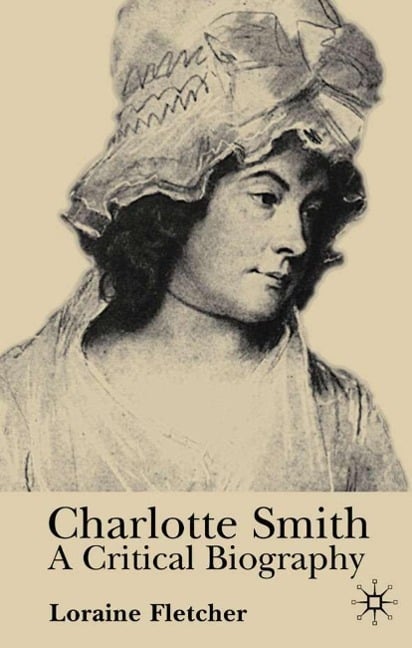
- Hardcover
- 401 Seiten
- Erschienen 1998
- Palgrave Macmillan

- hardcover
- 480 Seiten
- Erschienen 2018
- Arcturus Publishing Ltd

- Kartoniert
- 184 Seiten
- Erschienen 2005
- Dodo Press

- Hardcover
- 256 Seiten
- Erschienen 2005
- BLOOMSBURY 3PL

- Gebunden
- 119 Seiten
- Erschienen 2019
- Elisabeth Sandmann Verlag

- hardcover
- 158 Seiten
- Erschienen 2010
- Flammarion

- Kartoniert
- 256 Seiten
- Erschienen 2023
- Wallstein Verlag














